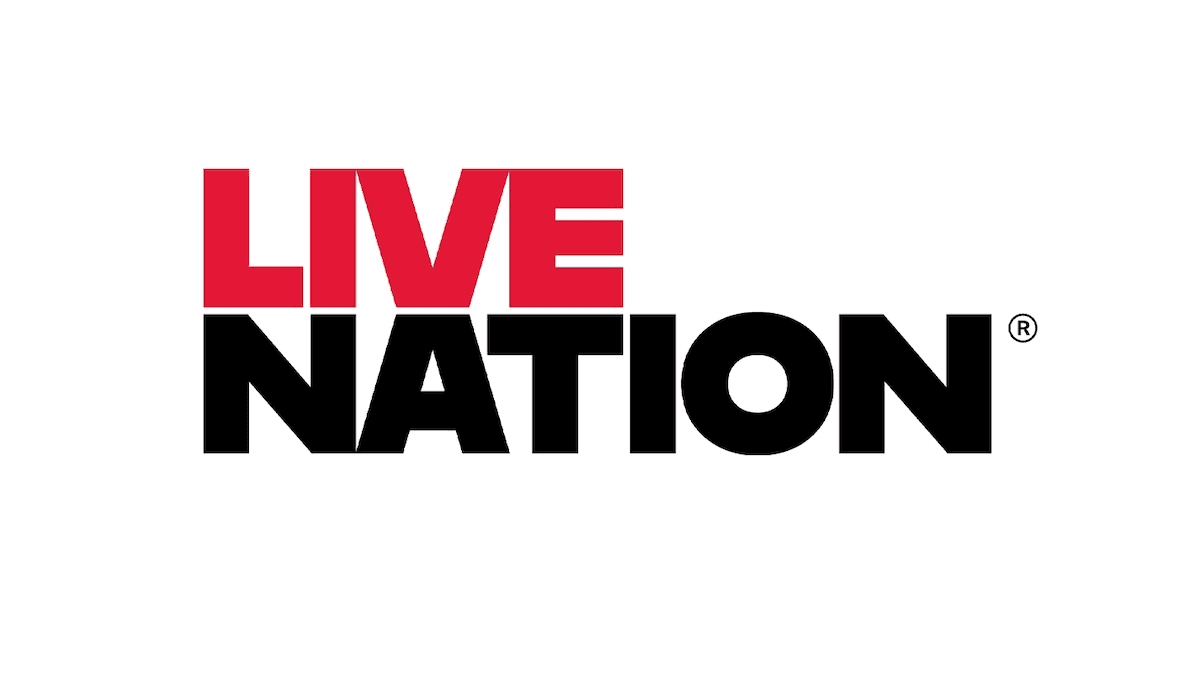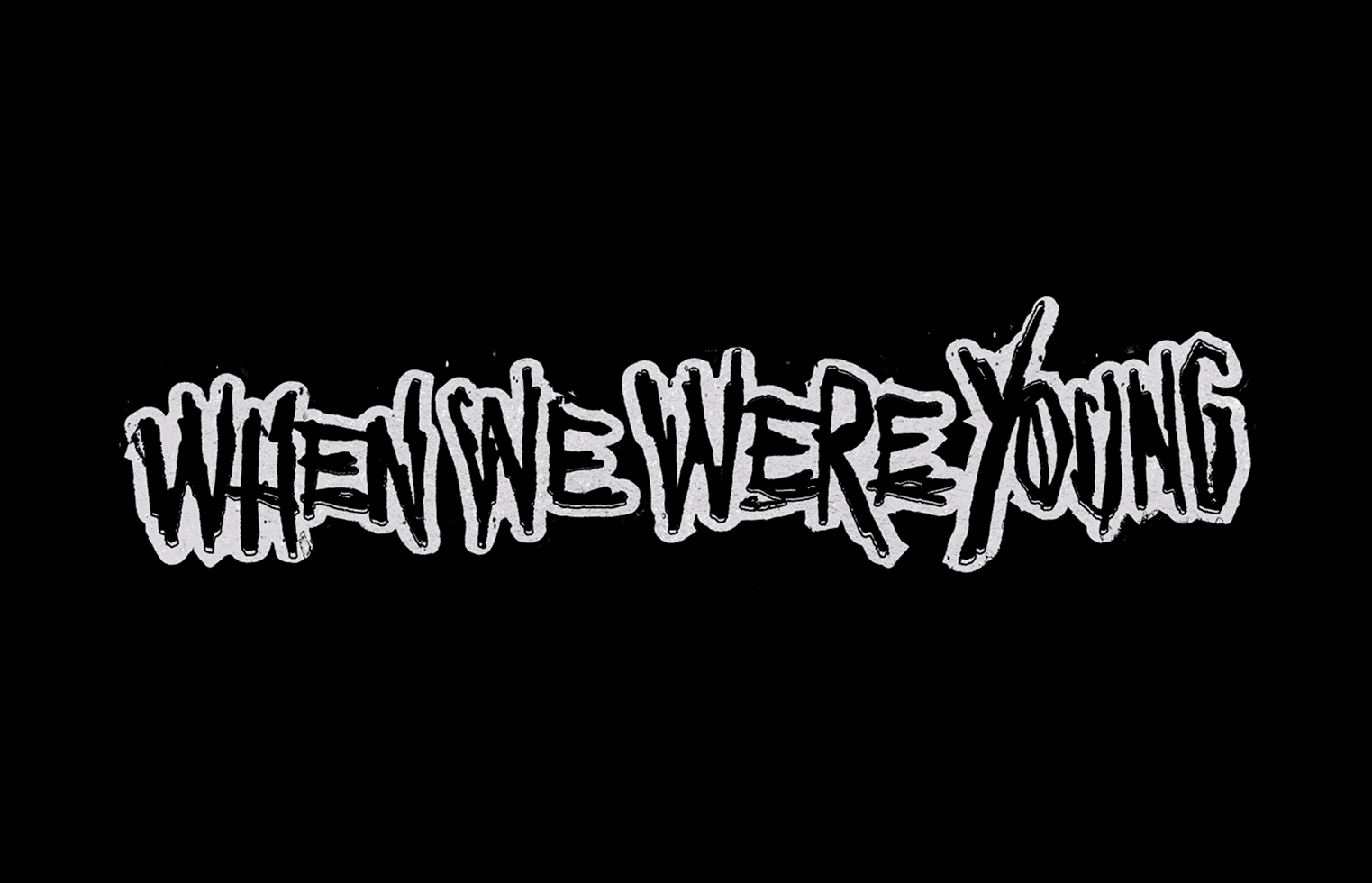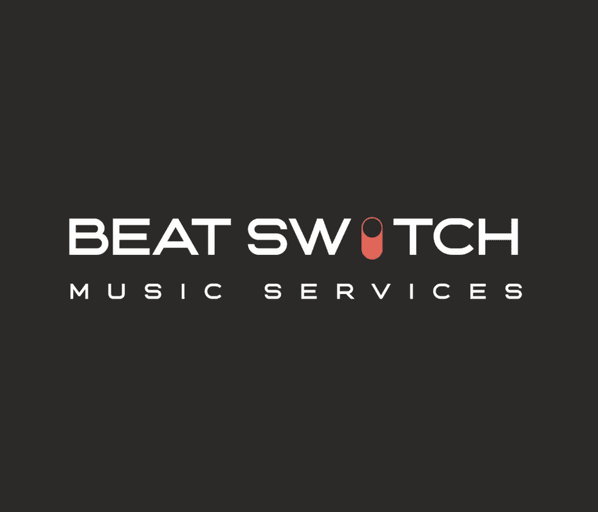
The National Independent Venue Association (NIVA) and Live Nation have this week submitted their formal comments to the Federal Trade Commission (FTC) and Department of Justice (DOJ), the bodies investigating “unfair and anticompetitive” practices in live event ticketing.
Context:
On March 31 President Trump, flanked by Kid Rock, signed an executive order focused on ensuring “that competition laws are appropriately enforced in the concert and entertainment industry.”
Seeking to crack down on ticket scalper bots, Trump also asked the DOJ and FTC to provide a report detailing the issues faced by stakeholders across the music industry and potential fixes.
The government agencies asked the public to submit examples of “unfair and anticompetitive conduct and practices in the live concert and entertainment industry.”
As per Pollstar, 4300 submissions were filed during the public comment period, which ended on July 6.
Common ground:
In their submissions to the DOJ and FTC, both Live Nation and NIVA agreed there should be a price cap imposed on tickets resold on the secondary market, although NIVA wants it set at 10% of face value, and Live Nation 20%.
Both believe the BOTS (Better Online Ticket Sales) Act needs to be more rigorously enforced.
The organizations also agree there should be a ban on speculative and deceptive websites.
NIVA’s comments:
In his statement, Stephen Parker, Executive Director of NIVA, urged the federal government “to deliver real structural change – not more settlements, not more consent decrees, but decisive action to break up Live Nation and rein in the deceptive practices that dominate ticket resale.”
NIVA’s recommendations include:
Structural divestiture of Live Nation into four separate companies: ticketing, promotion, advertising/sponsorship, and artist management.
Creation of a $500 million annual Venue and Promoter Rebuilding Fund paid for by remnants of Live Nation post-breakup to support small and mid-sized independent venues, festivals and promoters.
Establishment of a federal oversight board to monitor unfair practices and enforce post-divestiture conduct.
A nationwide ban on speculative ticket listings, including so-called “concierge” or “procurement” services that allow fake tickets by another name.
A federal price cap on ticket resale, ensuring tickets cannot be resold for more than 10% above face value.
Prohibiting resale before the public onsale, which undermines fan-first distribution and inflates prices.
Their full statement is here.
Live Nation’s comments:
In addition to those listed above in the ‘Common Ground’ section, Live Nation believes artists should be given more control over secondary ticket sales.
National Independent Venue Association
Live Nation
Federal Trade Commission
Department of Justice
Stephen Parker
Donald Trump
Kid Rock
Independent Venue Advocacy
Ticketing Practices
Secondary Ticketing Issues
Government Regulation Of Ticketing
Antitrust Scrutiny in Live Music
Legal Scrutiny Of Ticketing Practices
Ticketing Legislation
Antitrust Enforcement In Live Music
Industry Response To Federal Ticketing Probe
Artist Management
Ticketing Bots
Ticket Price Cap
Antitrust
Competition Inquiry
Government Scrutiny
Ticket Resale
Ticketing
Structural Divestiture
United States
👋 Disclosures & Transparency Block
- This story was written with information sourced from NIVA’s press release, with additional reporting from Variety and Pollstar.
- We covered it because of the high profile nature of this investigation and its potential impact on the live events industry.












